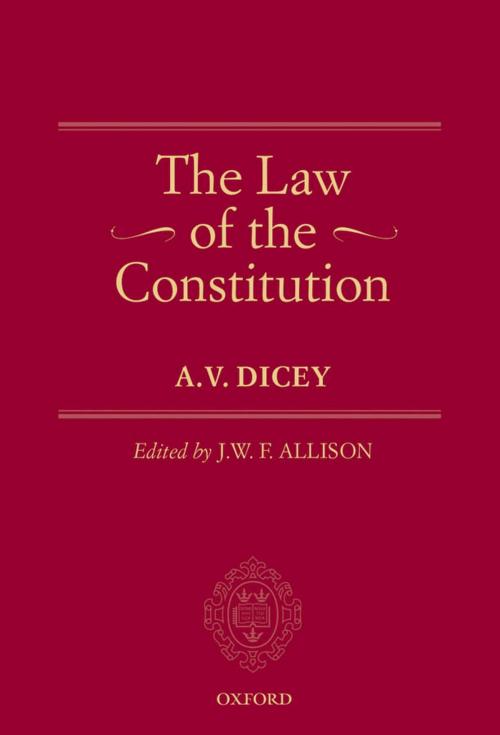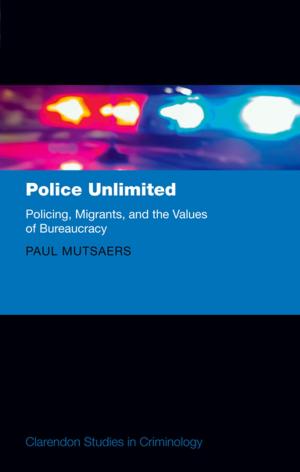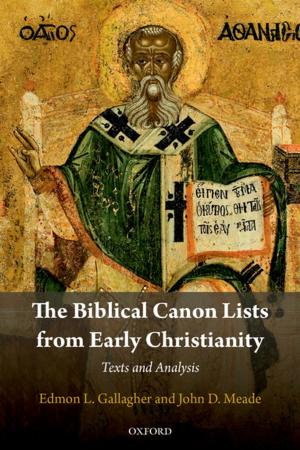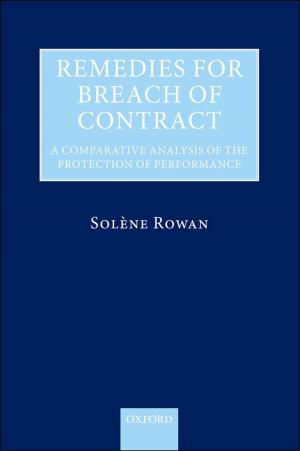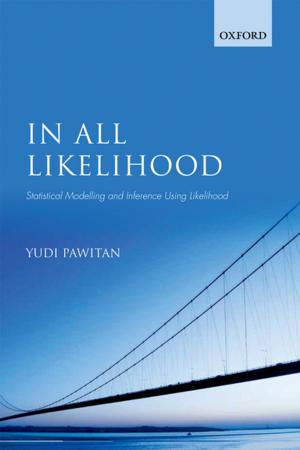The Law of the Constitution
Nonfiction, Reference & Language, Law, Constitutional, Social & Cultural Studies, Political Science| Author: | A.V. Dicey | ISBN: | 9780191508974 |
| Publisher: | OUP Oxford | Publication: | October 17, 2013 |
| Imprint: | OUP Oxford | Language: | English |
| Author: | A.V. Dicey |
| ISBN: | 9780191508974 |
| Publisher: | OUP Oxford |
| Publication: | October 17, 2013 |
| Imprint: | OUP Oxford |
| Language: | English |
The Law of the Constitution has been the main doctrinal influence upon English constitutional thought since the late-nineteenth century. It acquired and long retained extraordinary legal authority, despite fierce criticism and many changes in law and government. By many, it was treated as a canonical text embodying axiomatic principles, or it was simply understood as indeed the law of the constitution; and even by its critics, it was still granted the status of orthodoxy. Basic constitutional principles became commonly conceived in Diceyan terms: parliamentary sovereignty was pure and absolute in being without legal limit; and Dicey's rule of law precluded recognition of an English administrative law and thus retarded its development for decades. Reaffirmed in each new edition of Dicey's canonical text, the constitution itself seemed static. This volume provides sources with which to reassess the extraordinary authority and lasting influence of Dicey's canonical text. This volume consists of Dicey's rare first edition in its original lecture form and of the main addenda in later editions. It facilitates a historical understanding of Dicey's original text in its context and of later changes when they were made. In introducing the first volume, John Allison reassesses The Law of the Constitution's authority and the kinds of response it has elicited in view of its original educative form and educational context.
The Law of the Constitution has been the main doctrinal influence upon English constitutional thought since the late-nineteenth century. It acquired and long retained extraordinary legal authority, despite fierce criticism and many changes in law and government. By many, it was treated as a canonical text embodying axiomatic principles, or it was simply understood as indeed the law of the constitution; and even by its critics, it was still granted the status of orthodoxy. Basic constitutional principles became commonly conceived in Diceyan terms: parliamentary sovereignty was pure and absolute in being without legal limit; and Dicey's rule of law precluded recognition of an English administrative law and thus retarded its development for decades. Reaffirmed in each new edition of Dicey's canonical text, the constitution itself seemed static. This volume provides sources with which to reassess the extraordinary authority and lasting influence of Dicey's canonical text. This volume consists of Dicey's rare first edition in its original lecture form and of the main addenda in later editions. It facilitates a historical understanding of Dicey's original text in its context and of later changes when they were made. In introducing the first volume, John Allison reassesses The Law of the Constitution's authority and the kinds of response it has elicited in view of its original educative form and educational context.
